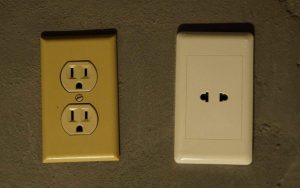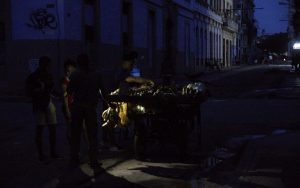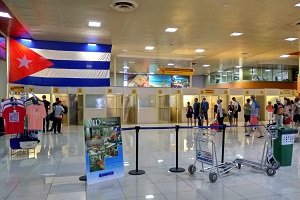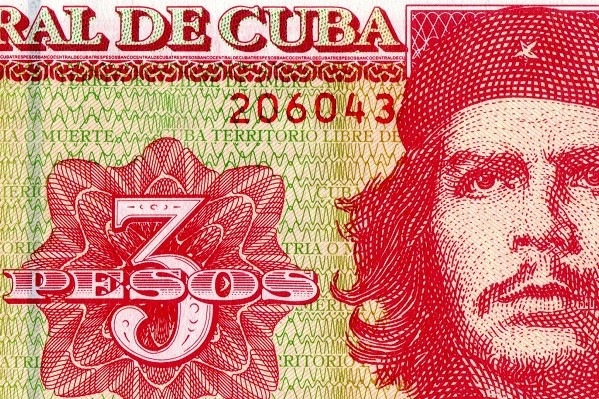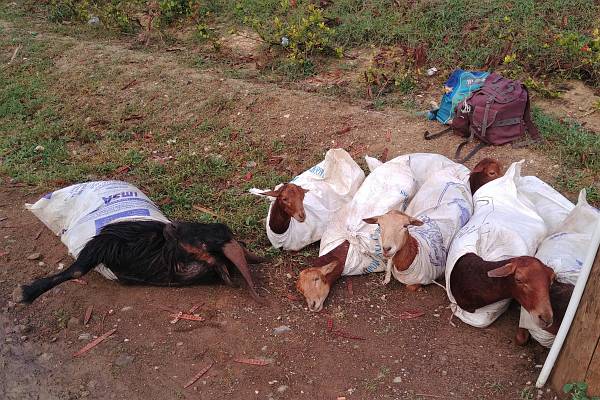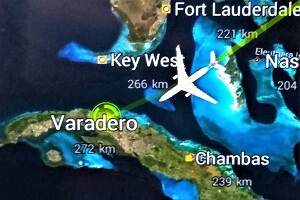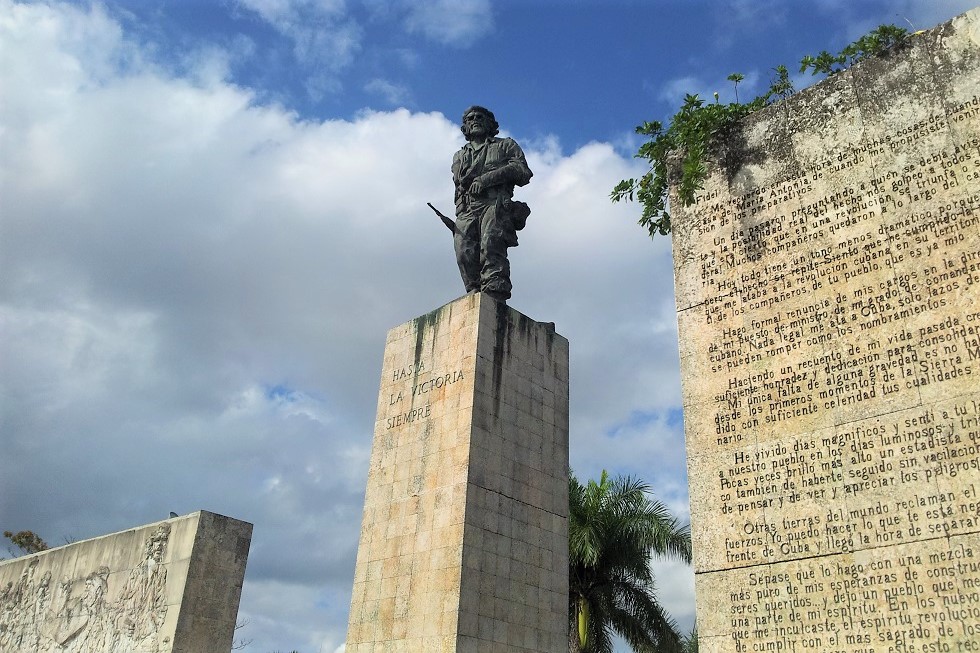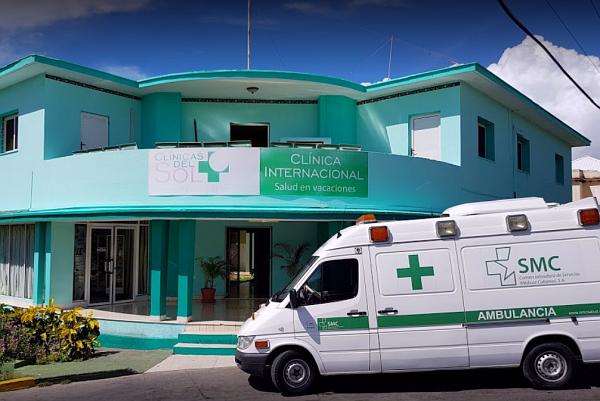Electricity (Plug Adapter)
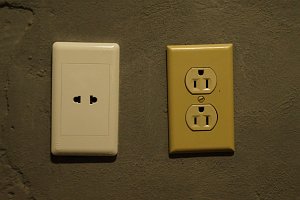
Updated: Dec 19, 2022
Electricity, Sockets & Plug Adapters in Cuba
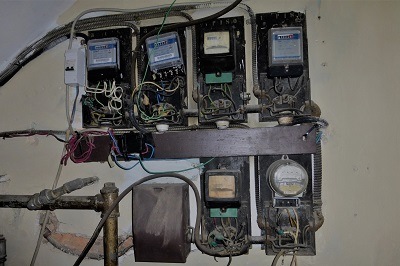
Updated: Dec 19, 2022
In the preparation of your Cuba trip, probably arise questions related to charging your devices, what is the voltage in the country and also about the so-called apagones (blackouts). In this article, you find all the important information about electricity on the socialist island.
Key Takeaways
- Sockets: Since American plugs are mostly used in Cuba, you may want to have an adapter with you. Simple adapters (TYPE A)* are generally good enough, only if you have devices with round plugs, you should take a more expensive model*.
- The voltage of the network is 110v. If you want to use 220v devices, you need a voltage converter*.
- Blackouts have to be taken into account. Therefore, you should ideally have a battery pack with a flashlight* with you.
­
Sockets in Cuba
The flat, two-pin plugs are most commonly used in Cuba. They are usual to travelers from countries such as the United States, Canada and Mexico. In some accommodations there are also combined sockets where a Euro-plug can be used. However, if your devices have this kind of plug better to bring an adapter, that is therefore an important part of the packing list.
­
Mains voltage
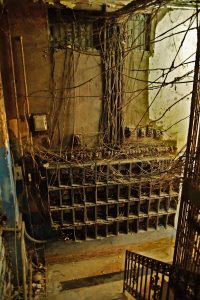
Electrical installation in Havana
All over Cuba the standard voltage is 110 volts, but sometimes you can also find 220V sockets. The higher voltage is usually found near larger consumers such as the air conditioning or in the bathrooms.
To prevent the event that your devices are not charging in Cuba, it is advisable to check them before starting your journey.
Generally, the device or the charger indicates if the operation with 110V is possible. Some can be adjusted to the correct voltage. This is often the case with travel hair dryers.
If you want a guarantee that you can operate 220-volt devices, you should take a voltage converter with you.
­
Electric showers in Cuba
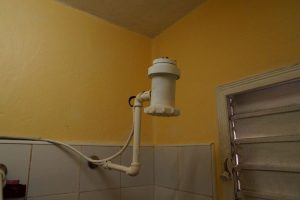
Made in Cuba: Electric shower
Most Casas particulares have electric shower heads to heat the water. The installations often seem adventurous. Many of the shower heads are imported from Brazil and therefore known as Brazilian showers. Regularly it happens that the water is slightly electrified. Don't worry, it seems that the installations are safe because luckily the showers run on 110V. Bigger than the risk of electrocution is that water is too hot or the shower heads will not work and the water will stay cold.
­
Power outages and shutdowns
There are repeated blackouts and shutdowns all over the island. Havana is not the exception. The blackouts usually occur because of strong winds, rain showers or due to overloading during peak hours. In most cases, the failures don't last too long. If you are unlucky you must expect to have no energy for several hours. In rare cases - after a hurricane, for example - power outages can last for days.
Better hotels usually have emergency power generators. There are also shutdowns, but tourist areas have priority in terms of power allocation and are normally spared from them.
When the power fails, this not only means no light and no air conditioning, but often also no hot water. If the blackouts persist, the tanks on the roofs get empty and the water runs out completely. During a blackout at night, many hosts provide their guests with battery-operated LED lamps. To prevent, better have your own lamp with you.
If you are lucky to experience a big city like Havana in total darkness, you should enjoy the adventure! In such cases it is advisable to have a flashlight or at least a telephone with an LED light and enough battery, because Cuban sidewalks often have holes.
